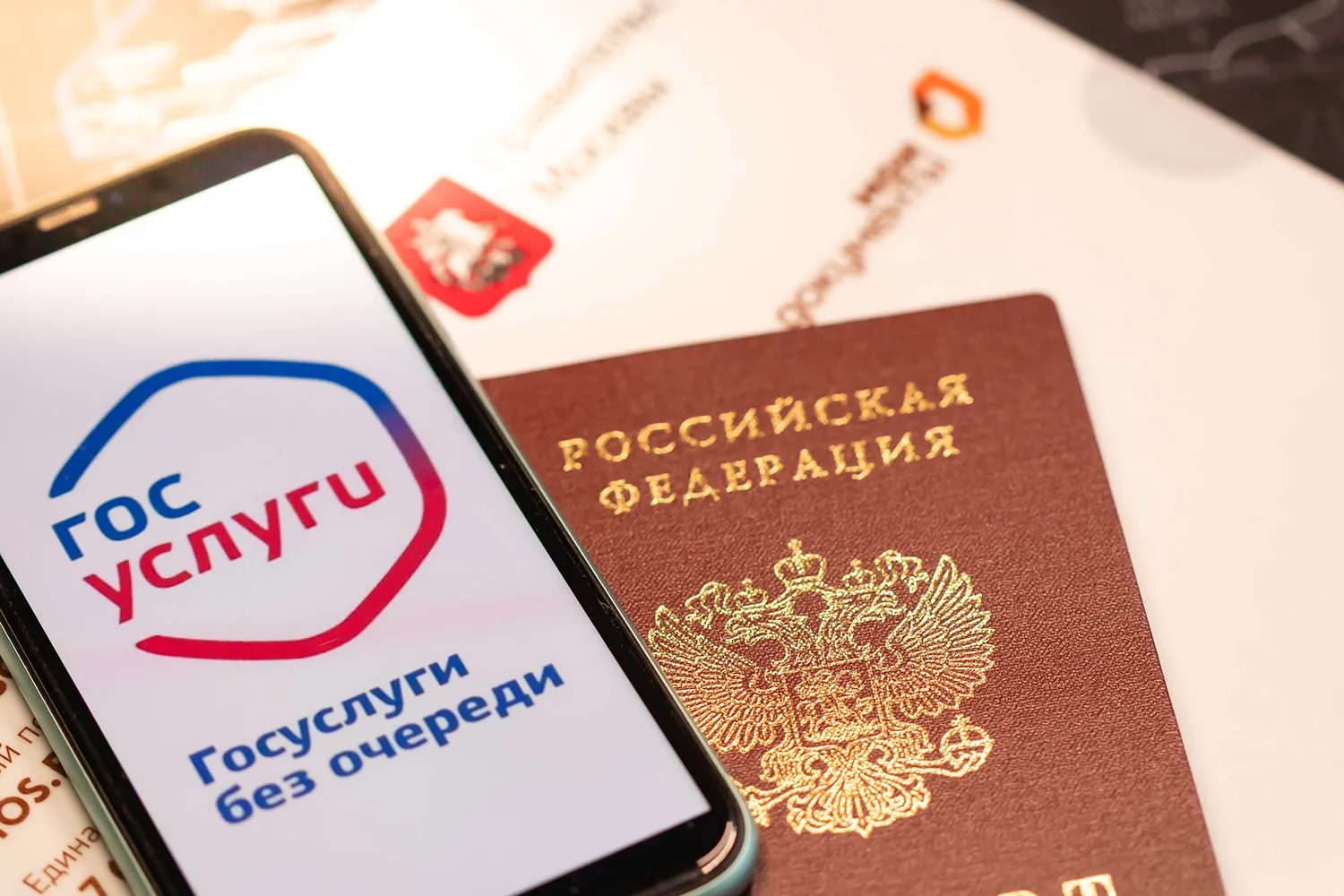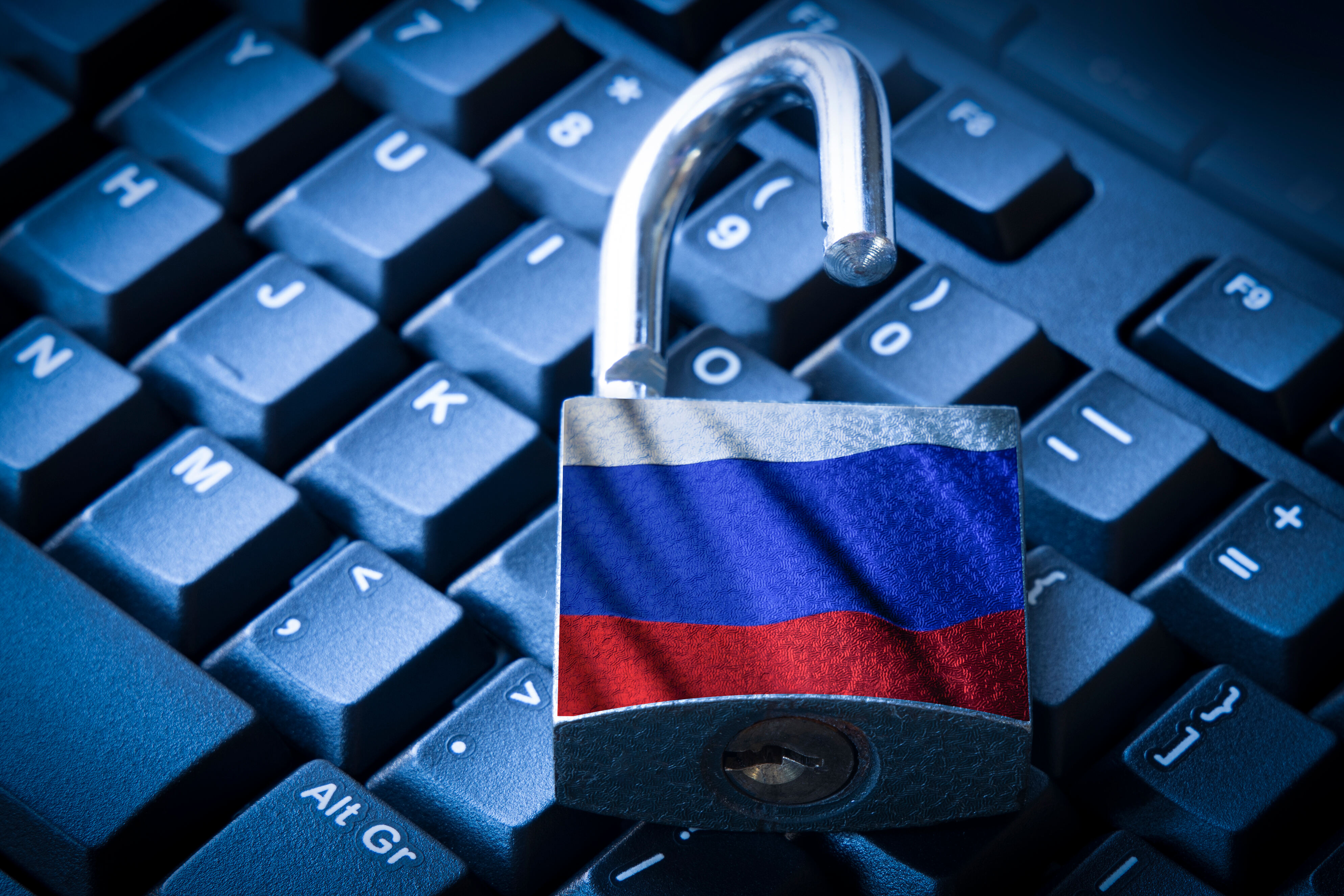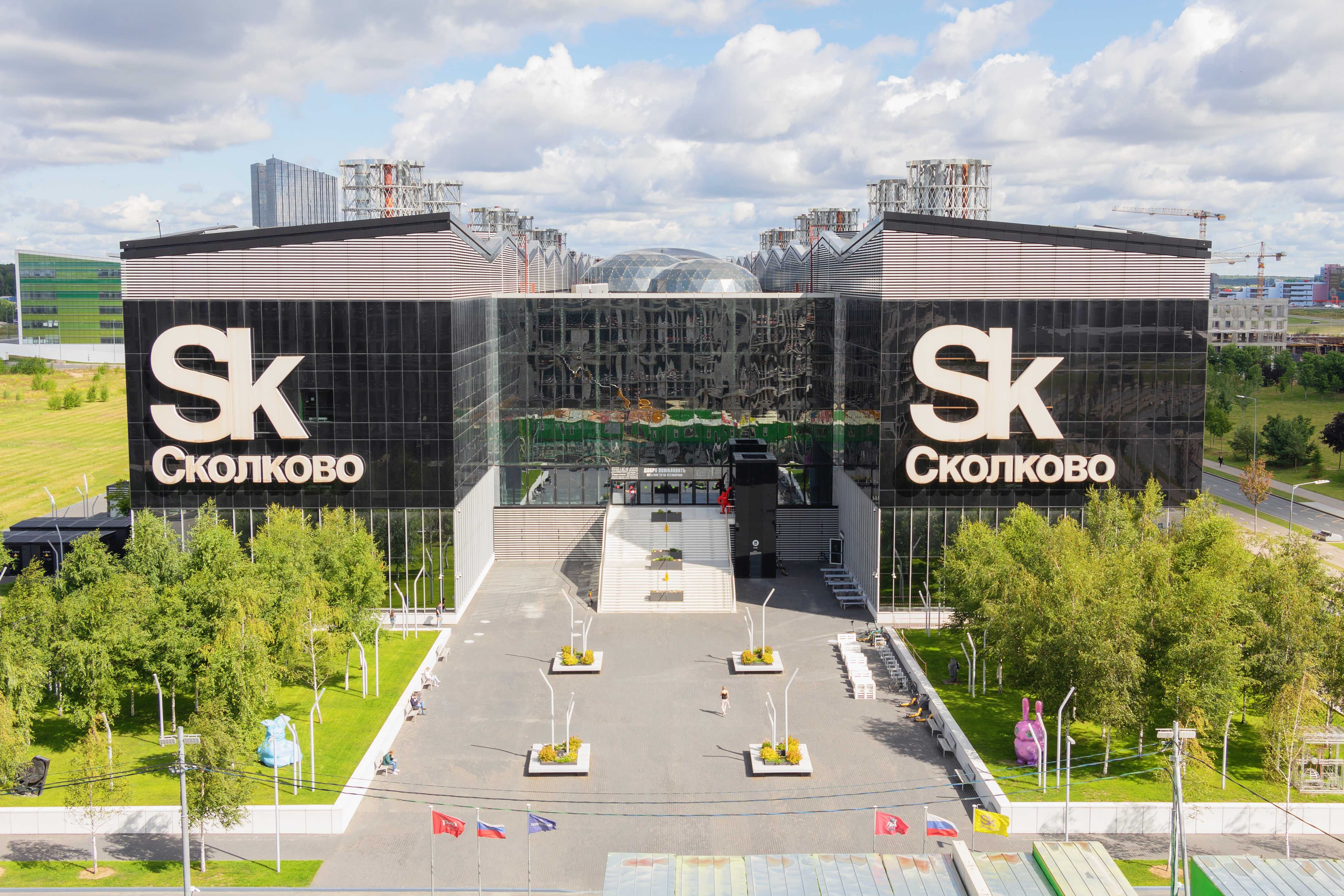Russia’s Cybersecurity Schools Become an Exportable Model for Global Digital Defense

As global cyber threats surge, Russia is turning its internal cybersecurity education ecosystem into a scalable export—offering partner countries in Africa, Asia, and Latin America structured pathways for training ethical hackers and securing critical infrastructure.
Training the Digital Guard: From High School to CTF
One of the cornerstones of Russia’s cybersecurity strategy is the Cyber School at Moscow State University (MSU). This state-backed program targets high schoolers and early-year college students, providing hands-on training through cyber ranges, Capture The Flag (CTF) tournaments, and reverse engineering labs.
The curriculum spans web application security, exploit development, reverse engineering, and vulnerability research. Participation is free, competitive, and available both on-site and remotely. Top students gain internships with leading Russian tech companies—helping bridge education and industry needs.
The goal is to identify young cybersecurity talent early and equip them with practical skills for national and international defense.

ICSU and the Professional Track
Russia’s Institute of Cryptography, Telecommunications, and Computer Science (ICSU), part of the FSB Academy, leads the country’s cyber education. With four faculties offering six core specializations—including cryptography, network defense, and counter-surveillance—ICSU sets national training standards adopted across 74 Russian universities.
Graduates receive the qualification 'Information Protection Specialist.' The five-year program also includes humanitarian and military disciplines. Faculty members come from ICSU, as well as top universities like MSU and MIPT.
Cyber Ranges, Red Teams, and International Tournaments
The Rostelecom–Solar National Cyber Range simulates critical systems from government portals to industrial sectors. This digital twin environment helps trainees test defenses, analyze threats, and refine tools before deployment in the real world.
Cyber exercises hosted on Standoff365—such as Red vs. Blue team simulations at Russia’s SOC Forum—draw participants from over 20 countries, including India, Bangladesh, Venezuela, and Tanzania. Unlike simple penetration tests, these trainings evaluate team coordination and real-time incident response.
Cyber ranges are now a core export item, enabling partner nations to build sovereign cyber capabilities without relying on third-party simulation environments.

Toward a Scalable Export Model
With the Sirius and Positive Technologies partnership estimating up to 54,000 cybersecurity graduates by 2027, Russia is positioning its education framework as an exportable digital defense asset.
Export modules focus not only on tool creation and IT security but also regulatory compliance and incident auditing. The Ministry of Digital Development emphasizes the need for foundational learning combined with global best practices.
Deputy Minister Alexander Shoitov stated: 'We must build systemic instruction rooted in fundamental education, drawing from the best Russian and international methods.'
Over the next decade, Russia plans to establish research and competency centers to meet rising demand. Until then, its full-spectrum training—from student bootcamps to critical infrastructure defense—offers a scalable model for nations building their own digital sovereignty.









































